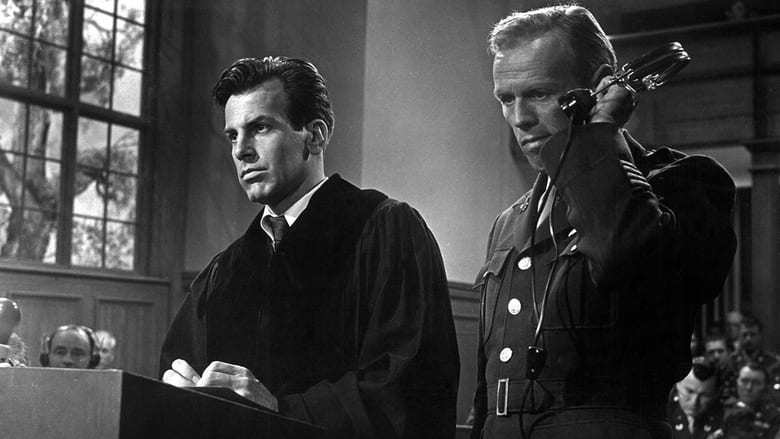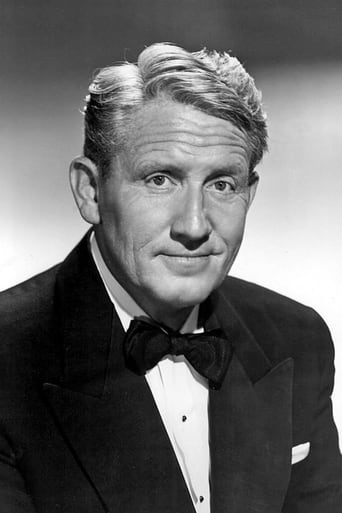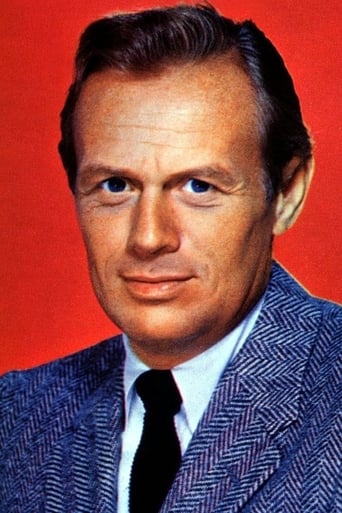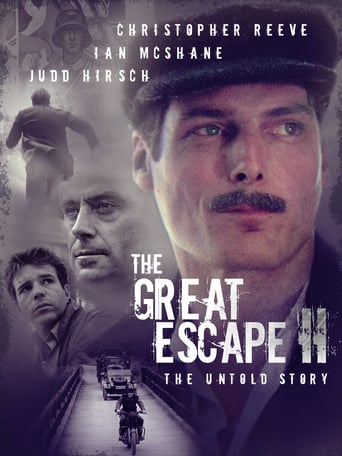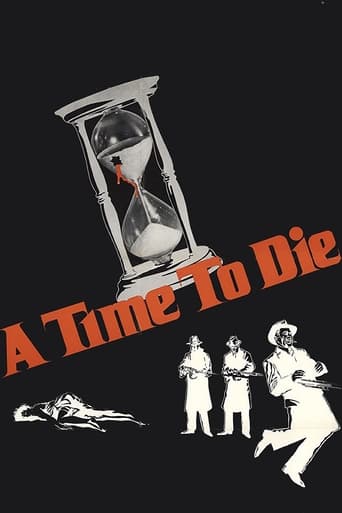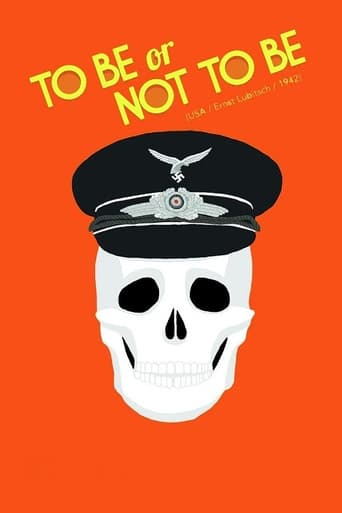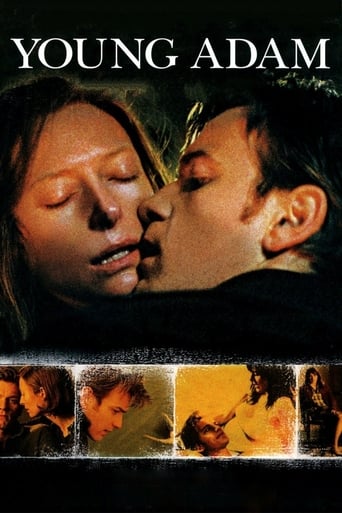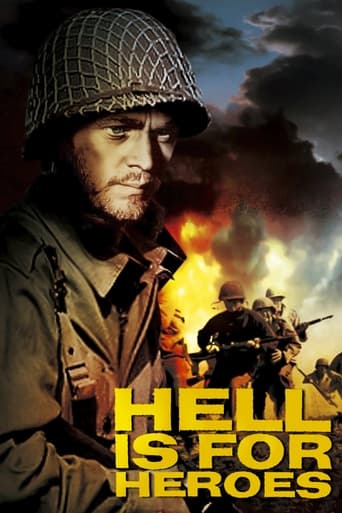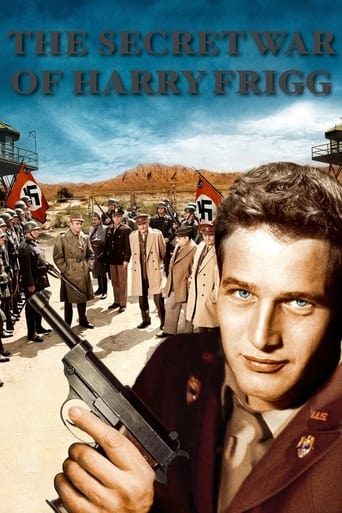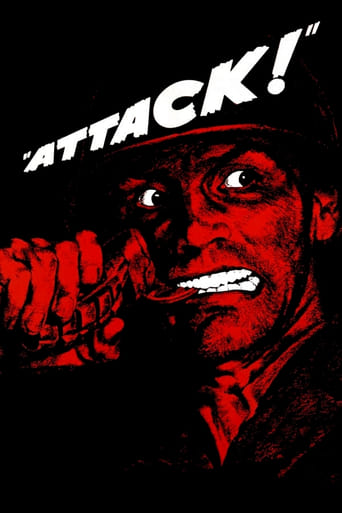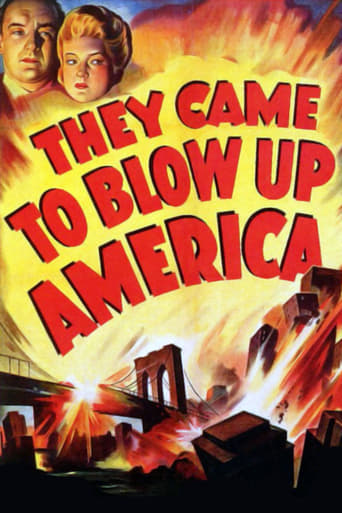Judgment at Nuremberg (1961)
In 1947, four German judges who served on the bench during the Nazi regime face a military tribunal to answer charges of crimes against humanity. Chief Justice Haywood hears evidence and testimony not only from lead defendant Ernst Janning and his defense attorney Hans Rolfe, but also from the widow of a Nazi general, an idealistic U.S. Army captain and reluctant witness Irene Wallner.
Watch Trailer
Free Trial Channels
Cast


Similar titles
Reviews
People are voting emotionally.
In truth, there is barely enough story here to make a film.
A film of deceptively outspoken contemporary relevance, this is cinema at its most alert, alarming and alive.
Through painfully honest and emotional moments, the movie becomes irresistibly relatable
In 1948, an American court in occupied Germany tries four Nazi judges for war crimes. The biggest problem with 'Judgment at Nuremberg' is that it takes completely place inside a court room and as fun as that might sound it really isn't and just picture 'A Few Good Men' inside there for 3 hours now it wouldn't be the epic film that it turned out to be now would it? The acting was alright and so was the cinematography and direction but other than that? It was way long and just needed alot of scenes to cut out like fifty of them maybe even more. (5/10)
Judgement At NurembergDespite of its overlong runtime, there is a lot of material in it to feed off the audience for more than 3 hours. Abby Mann's adaptation might be the only strongest link in this feature excluding Stanley Kramer; it is a bit loose on depicting the intensity and the emotions behind all the drama and the editing too seems liberal (they could have narrowed it down to around 2 hours). On performance level, it holds up the expectation and delivers without flinching by great actors like Spencer Tracy, Maximilian Schell and Montgomery Clift. Judgement At Nuremberg remains true to its nature and loyal to the tone of the feature till the last frame which possibly is the only reason to encounter this experience for it lacks gripping screenplay, better editing and execution of a scene.
Outstanding film. Star-studded with several fantastic performances. Highly emotional given the subject matter, but presented in a very intelligent, balanced way. I was struck at once by that, and by how well director Stanley Kramer gives us both sides of the argument – and avoids simply paying lip service to the defense of the German judges on trial. Maximilian Schell is brilliant as the defense attorney, well worthy of his Oscar, and is forceful and compelling in his arguments. There are also so many brilliant scenes. Spencer Tracy walking in the empty arena where the Nazi rallies were held, with Kramer focusing on the dais from which Hitler spoke. The testimony of Montgomery Clift and Judy Garland, both of whom are outstanding and should have gotten Oscars. Burt Lancaster in the role of one of the German judges, the one tortured by his complicity, knowing he and others are guilty. The devastating real film clips from the concentration camps, which are still spine tingling despite all we 'know' or have been exposed to. Marlene Dietrich as the German general's wife, haunted but expressing the German viewpoint, one time while people are singing over drinks. Her night stroll with Tracy, as she explains the words to one song, is touching. It just seemed like there was just one powerhouse scene after another, and the film did not seem long at all at three hours. Heck, you've even got Werner Klemperer and William Shatner before they would become Colonel Klink and Captain Kirk! In this film, the acting, the script, and the direction are all brilliant, and in harmony with one another.As for the trial itself, the defense argument was along these lines: they were judges (and therefore interpreters), not makers of law. They didn't know about the atrocities in the concentration camps. At least one of them saved or helped many by staying in their roles and doing the best they could under the heavy hand of the Third Reich. They were patriots, saw improvement in the country when Hitler took power, but did not know how far he would go. If you were going to convict these judges, you would have to convict many more Germans (and where would it stop?). The Americans themselves practiced Eugenics and killed thousands and thousands of innocents at Hiroshima and Nagasaki. The one small weakness I found was that the defense never makes the simple argument that these judges were forced to do what they did, just as countless others in Germany were, and would have been imprisoned or killed themselves had they not complied. Anyone who's lived under a totalitarian regime may understand, or at least empathize.I'm not saying I bought into these arguments or that one should be an apologist to Nazis, but the fact that the film presented such a strong defense was thought provoking. How fantastic is it that Spencer Tracy plays his character the way he does – simply pursuing the facts, and in a quiet, thoughtful way. It's the best of humanity. How heartbreaking is Burt Lancaster's character, admitting they knew, admitting their guilt, knowing that what happened was horrible and that they were wrong, and yet seeking Tracy's understanding in that scene in the jail cell at the end – intellectual to intellectual - and being rebuked. Even a single life taken unjustly was wrong. Had the Axis won the war, I don't know which Americans would have been on trial for war crimes for the fire bombings of Dresden and Tokyo, or for dropping the atomic bombs, but the film makes one think, even for a war when things were seemingly as black and white as they could ever be. The particulars of this trial were fictionalized, but it's representative of what really occurred, and it transports you into events 70 years ago which seem so unreal today – and yet are so vitally important to understand, and remember.
"Judgment at Nuremberg" chronicles one of the most shameful periods in human history, one that some have not only forgotten but even dismissed as ever existing. Thanks to Stanley Kramer and Co. we are presented with a cathartic and engrossing take on the actual trials that took place between 1945 and 1949 that is as memorable as it is enduring. When four Nazi judges are tried for committing crimes against humanity, it is up to Chief Justice Haywood to carefully examine the evidence presented by many to come to a verdict.In one has to be one of the finest courtroom dramas ever filmed, the 3 hour run time really feels like much less and much can be attributed to the tour-de-force direction of Stanley Kramer. His minimalist filmmaking and innovative camera angles almost instantly brings to mind the engrossing camera-work from another treasured courtroom drama in "12 Angry Men", directed masterfully by Sidney Lumet. The camera is so subtle and swift in its movement that it becomes a kind of conscious onlooker of the case – this technique almost eliminates the feel of a screen between us and the film and inexplicably thrusts you right into the court with all of the other attendants. It also keeps your eyes absolutely glued to each nuance and detail that arises in the courtroom.Spencer Tracy gives a fantastically understated performance as Judge Dan Haywood, the morally conflicted and kindhearted judge. Tracy's character is able to appeal to both our ethics and emotions by playing his role with complete conviction and honesty. As the trials progress, we find ourselves wondering how we would operate in his authority – and he makes it clear throughout the film that every decision he makes affects not merely the soldiers on trial, but an entire country and even generations to come. Consider in the concluding trial scenes the way he shows a palpable struggle to declare Lancaster's character (Ernst Janning) guilty, masterfully demonstrating an imbalance between what his head and heart want. Also fantastic in their roles, albeit short-lived, are Judy Garland, Montgomery Clift and William Shatner.Maximilian Schell plays Hans Rolfe, a German defence attorney, who argues that the defendants were not the only ones to assist in, or turn a blind eye to, the crimes. This too is a morally conflicted man (one of many prominent themes in the film) who is determined on preserving the dignity of a nation. And his arguments are centered on the notion that these soldiers were trying to act in the best interest of the country. Schell is compassionate, astute and compelling in his role and makes each time he sets foot on the podium a memorable one. It's also highly entertaining to watch his back-and-forths with Richard Widmark's Colonel Tad Lawson in the courtroom.This film is impeccably written, acted and directed. I am hesitant to use the word 'film' here because a creation of this kind, that tackles this kind of subject matter so perfectly, is so much more than that. It shows how pervasive and damaging an ideology can become in a particular context. It's devastating to imagine these times actually existing and it takes something like "Judgment at Nurembourg" to remind people that they did indeed happen. This is powerful filmmaking at its finest, whose merit far exceeds its mere entertainment value. Masterpiece.


